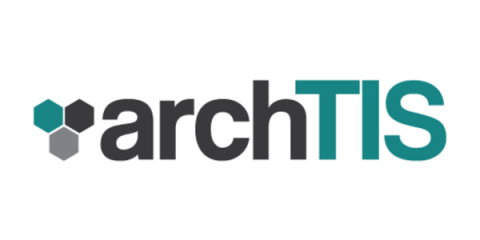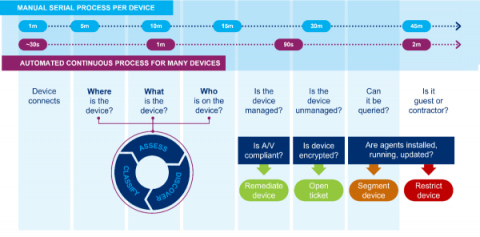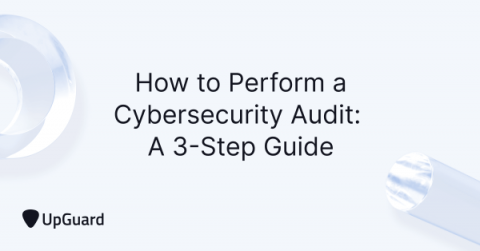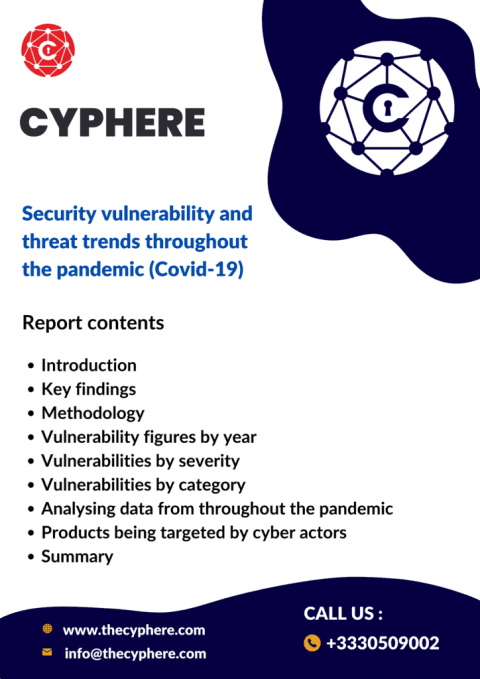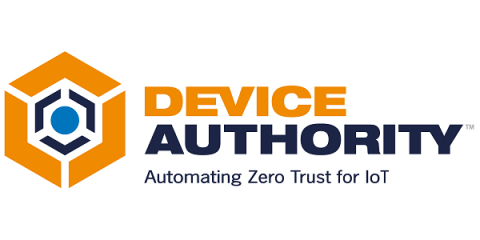Security | Threat Detection | Cyberattacks | DevSecOps | Compliance
Security
Fortify Your SD-WAN With SSE Integration
Many of today’s security tools are built to secure cloud services. But we need to keep in mind that many organizations still require configurations that don’t have direct connection to the cloud. Organizations that have numerous branch locations — like convenience stores, school districts and banks — often use a software-defined wide area network, or SD-WAN.
Cyber Skills Shortage? The Time for Security Automation Is Now
Many industries are affected by skills gaps, but according to Cybersecurity Ventures, the shortage within the IT/cybersecurity sector is nearly unmatched: Over an eight-year period, the number of unfilled cybersecurity jobs increased from one million positions in 2013 to 3.5 million in 2021.
How to Perform a Cybersecurity Audit: A 3-Step Guide
Large-scale data breaches are flooding headlines, as major security incidents like ransomware and supply chain attacks become more strategic by the day. Organizations that fail to address their cybersecurity blindspots in such a volatile threat landscape will inevitably suffer a data breach.
Analysing security vulnerability trends throughout the pandemic
Throughout the pandemic, the increasing number of security vulnerabilities affecting major products and services reached alarming levels, according to our analysis of NIST’s (National Institute of Standards and Technology) National Vulnerability Database data.
Prevent API Exploitation: Know the Unknown, Protect the Unprotected
Almost a year ago, Gartner predicted that API attacks would be the most frequent enterprise attack vector in 2022. Strengthening API security is more critical today than ever and must be at the core of cybersecurity strategy to prevent API exploitation. To make matters worse, the lack of API visibility weakens core security principles. More organizations don’t have an accurate inventory of APIs, and it is not surprising for 30% of APIs to be unknown.
Managing your IoT Device Security: A Guide to Best Practice in 2022
The explosive growth of the Internet of Things (IoT) is changing the way we live, with over 27 billion connected devices by 2020, it’s no wonder that businesses are looking to IoT solutions to improve efficiency and drive innovation. However, with this increased connectivity comes a variety of new security threats that need to be addressed. In this article, we will discuss best practice guidelines for managing your IoT security.
MeBeBot Trust Champions Achieve SOC 2 Compliance
What is a Trust Champion? A Trust Champion is the person who helps their organization measure and meet their internal compliance obligations. Their actions support revenue-generating activities, protect their organization from legal and contractual liabilities, and enable the organization to confidently and transparently showcase an intentional, robust, and differentiated culture of trust. Beth White – Founder & CEO – has been greatly involved with MeBeBot’s compliance procedure.


